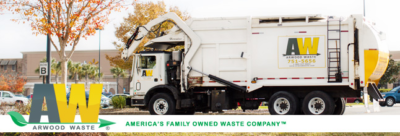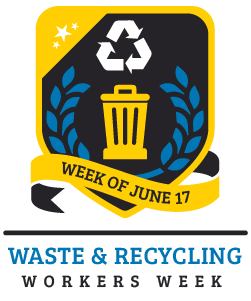
Mayor Lenny Curry helped kick off the collection effort this week when he joined a crew using heavy machinery to collect debris from a Northside neighborhood.
“We recognize that if you have storm debris in front of your yard for three to four weeks, that’s a long time, but we are moving aggressively to get it done,” Curry said.
Residents know the drill from last year when crews collected 808,000 cubic yards of debris in Jacksonville after Hurricane Matthew.
For Irma, city officials expect the range will be 800,000 to 1 million cubic yards.
It’s one of the most costly impacts of storm damage. Last year’s cost for tree debris collection totalled about $18.6 million, but a large portion of the expense is eligible for reimbursement by the Federal Emergency Management Agency and the state.
The faster the city gets the job done, the more it can get reimbursed through a pilot program for debris removal. FEMA will cover 85 percent and the state will handle 7.5 percent of the expense for debris collected within the first 30 days. For days 31 through 90, FEMA reimbursement drops to 80 percent and the state’s share is 10 percent. After 90 days, FEMA’s share dips to 75 percent and the state is at 12.5 percent.
Damage from historic flooding adds another layer to the collection effort.
Sontag said in her East Trout River Neighborhood, it’s worse than after Matthew.
“There’s so much more on the curb now from where the flooding came in, and people were having to get it out of their house so it didn’t get mold,” she said.
She still has drywall awaiting pickup in front of her house.
J.B. Coxwell Contracting & Arwood Waste, based in Jacksonville, is the contractor in charge of collecting the debris. It sub-contracts with other businesses to help with the citywide pickup, which takes debris to temporary collection sites J.B. Coxwell set up in different parts of the city.
Residents have two options for getting rid of debris.
They can break down vegetative debris into pieces that are put into containers or bags for collection on their regular, weekly yard waste pickup days. Residents can put out as much as five cubic yards for regular yard-waste collection, which equates to up to 30 bags.
The city’s regular trucks won’t pick up tree debris that’s in open piles. Those piles get collected by the contractors hired specifically for storm cleanup, often using trucks equipped with giant claws.
Unlike the city’s regular waste pickup, there is no schedule for when the storm debris trucks will make their stops. They started in the most hard-hit neighborhoods and then will keep working seven days a week to get the rest of the city.
To make it easier for crews to work, residents should keep routine household waste, vegetative debris, construction and demolition debris, and white goods/appliances separate from each other.

The ultimate fate of the tree debris is unknown at this time. The city encourages the contractor to find a way to recycle the material, but the contractor makes the decision on disposal, with city approval.
The East Trout River Neighborhood got hit every which way when Hurricane Irma plowed through Jacksonville, knocking down trees and shoving rivers over their banks.




